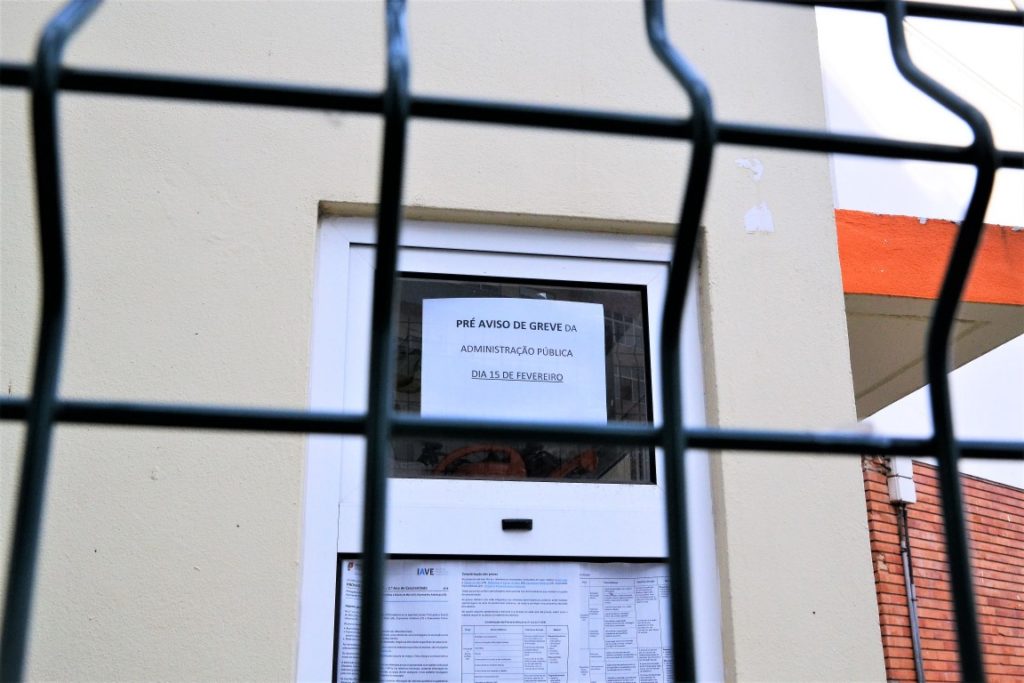The last day of the strike by public administration workers was attended by 60% in the health sector and 90% of non-teaching education workers, according to a statement from Fesinap.
The National Federation of Independent Unions of Public Administration (Fesinap) spoke today of a «massive participation of workers and non-teaching workers», that is, educational and administrative assistants, with a national impact, which «surpassed 90% of participation, excluding the autonomous regions'.
«The hundreds and hundreds of schools that closed, from secondary to kindergartens, were very visible throughout the country», he assured.
On the other hand, he indicated, «global data from the health sector, although smaller, in the order of 60% of participation at national level, are not encouraging, demonstrating the enormous dissatisfaction that reigns among SNS workers», highlighting medical aids.
Fesinap also said that "it is aware that the adherence to the strike from other sectors - Finance and Social Security Services - was below expectations, hoping that in future stoppages there will be a stronger response, at the level of that given by non-teaching staff ».
The Federation also condemned “the restrictions that were placed at the last minute by hospital directors, preventing nurses and medical assistants, in particular, from exercising the legitimate right to strike”.
Fesinap called for a national strike, demanding wage increases and the implementation of the 9,60 euros daily meal card.
According to the strike notice, the stoppage took place between June 7 and today, between 00:00 and 24:00, and covered workers in public employment or in common labor.
In a statement, Fesinap clarified that the strike is nationwide and covers "all public administration workers", including workers at EPE hospitals (public business entity).
Among the demands are salary updates, to face the increase in the cost of living and the institution of the meal card in the public administration, through negotiation in a collective agreement, for the daily value of 9,60 euros.
«The Government cannot continue to treat workers with 'alms', when all careers need a review from top to bottom, starting with the indexation of wages to the functions actually performed by workers and not to the category they hold», defends the trade union federation.



















Comments